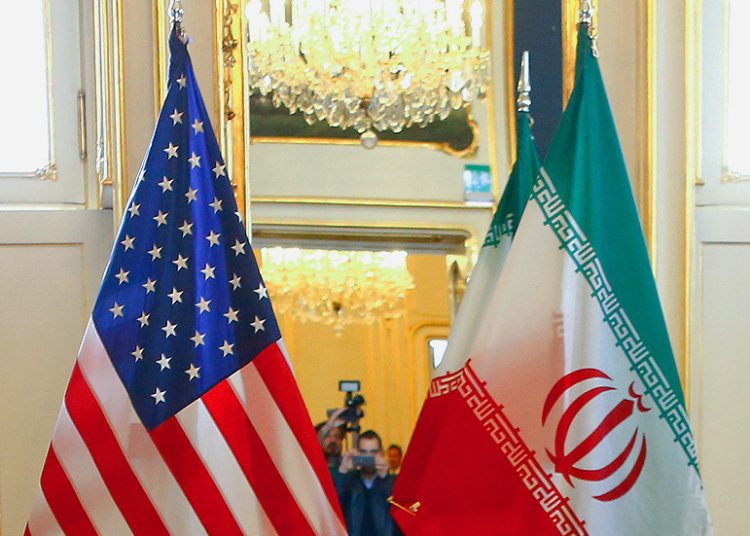High-stakes diplomatic talks between Iran and the United States are set to commence in Oman on Saturday, April 12th, amid escalating regional tensions and renewed focus on Iran’s nuclear program. This marks the first significant engagement since Donald Trump’s return to the White House, carrying considerable weight for both countries.
Mediated by Oman, a long-standing facilitator, the indirect discussions will feature delegations led by Iranian Foreign Minister Abbas Araghchi and US Presidential Envoy Steve Witkoff.
Although disagreements persist over the precise format – Washington hinting at direct talks while Tehran insists on strict indirectness via Omani intermediaries – both the Iranian and US delegations are expected to arrive in Muscat on Saturday and hold initial meetings with the Omani Foreign Minister before commencing the talks facilitated by him. The Omani Foreign Minister will be tasked with exchanging and communicating written texts between the two delegations.
The immediate agenda for Saturday’s initial session seems focused on foundational elements. Discussions are expected to center on establishing a political framework, gauging whether the two sides can converge on the potential scope, timing, and procedural outlines for future negotiations. The Omani Foreign Minister is expected to play a crucial role, relaying written communications between the delegations.
Underscoring the domestic importance attached to this engagement, a broad consensus appears to have formed within the Iranian political establishment, spanning both the government and key institutions, offering notable backing for the diplomatic track. While vocal conservative figures, such as the Friday prayers leader in Mashhad, have voiced criticism even of indirect dialogue, overall opposition to negotiation has markedly decreased, indicating a unified, albeit cautious, approach from Tehran.
However, navigating the path forward is complicated by seemingly mixed signals emanating from Washington regarding the desired scope and nature of any potential agreement. While President Trump has publicly maintained a maximalist stance, demanding any deal comprehensively address not only nuclear activities but also Iran’s ballistic missile program and regional influence, and the National Security Advisor often emphasizes full dismantlement of Iranian nuclear program, Presidential Envoy Witkoff has recently struck notes suggesting a greater openness to dialogue and engagement. This divergence in public emphasis creates uncertainty about the precise parameters the US delegation will bring to the table in Muscat.
As a result, the prospects for a breakthrough remain uncertain, yet the high-level preparations within Iran signal a serious intent. Top Iranian diplomats have characterized the Muscat talks as a crucial test to assess Washington’s sincerity in reaching a potential agreement involving sanctions relief in return for verifiable limits on Iran’s nuclear activities.
Amid the political discussions in Muscat, IAEA Director General Rafael Grossi is anticipated to visit Tehran soon. This visit aims to advance technical cooperation and address outstanding issues, potentially contributing to a more conducive atmosphere for the diplomatic process.
These diplomatic efforts unfold against a tense backdrop, defined by the Trump administration’s previous withdrawal from the 2015 nuclear deal (JCPOA) and Iran’s subsequent significant advancements in its nuclear program beyond the accord’s limits, even while Tehran maintains its peaceful nature.
Against this complex history, sources familiar with the discussions, including a European diplomat cited by Axios, suggest Iran may propose exploring an interim nuclear arrangement. This potential strategy is reportedly seen by Tehran as a way to de-escalate immediate tensions and create more time for negotiating a comprehensive agreement, deemed unrealistic to achieve rapidly. Such an interim step might include provisions like extending the UN Security Council’s ‘snapback’ sanctions mechanism, currently due to expire in October 2025.
The success of this critical diplomatic opening is far from guaranteed, but the high-level backing within Iran and the intense preparation signal a serious, albeit cautious, approach from Tehran as it prepares to navigate the challenging path ahead.






